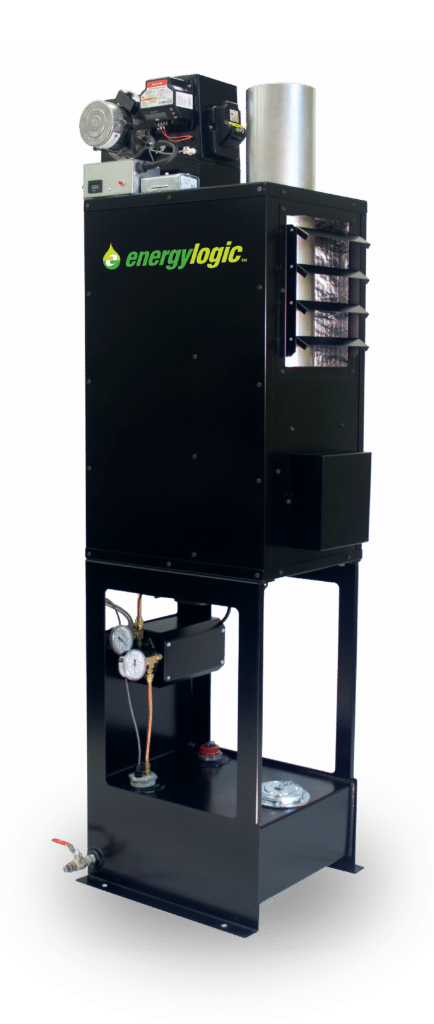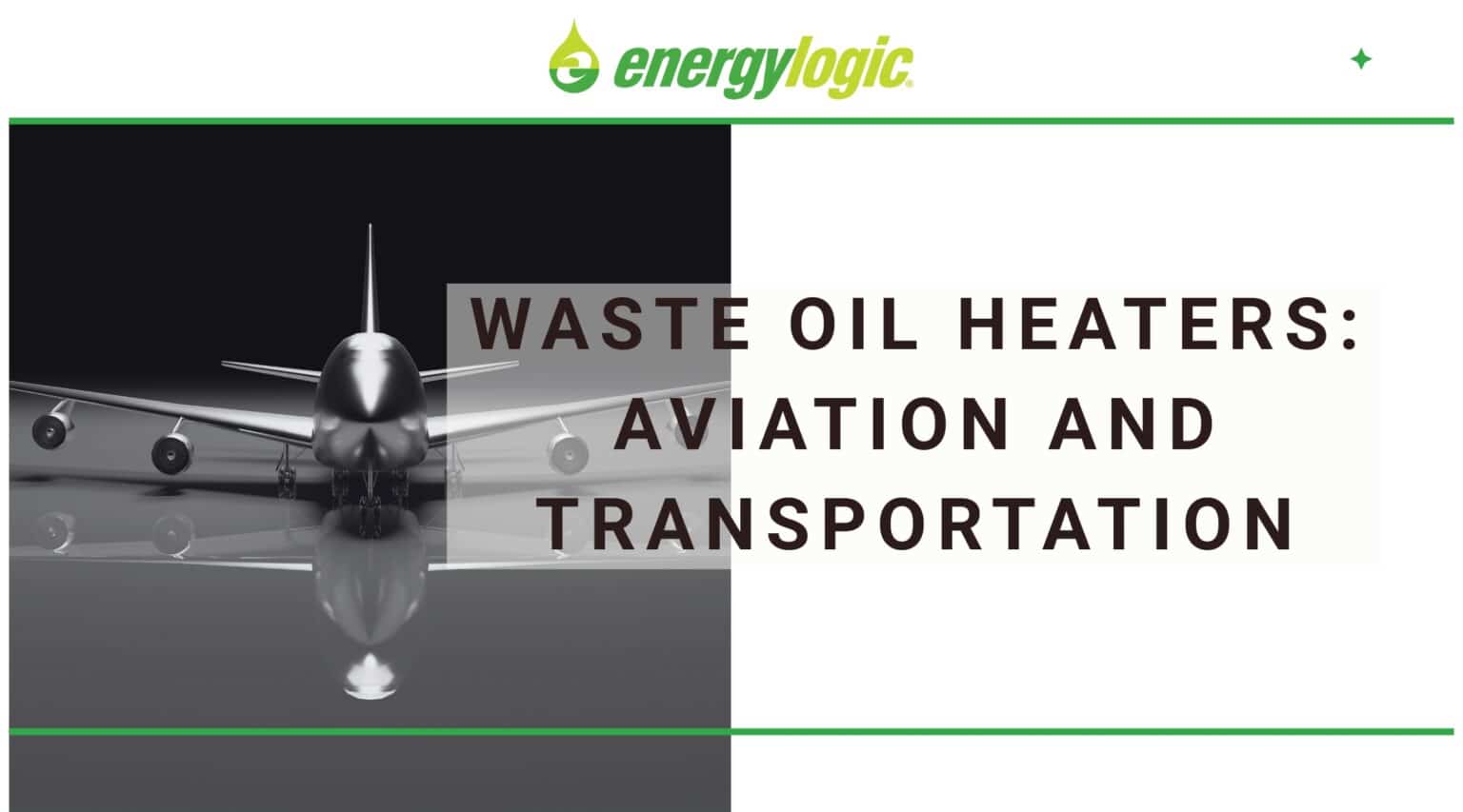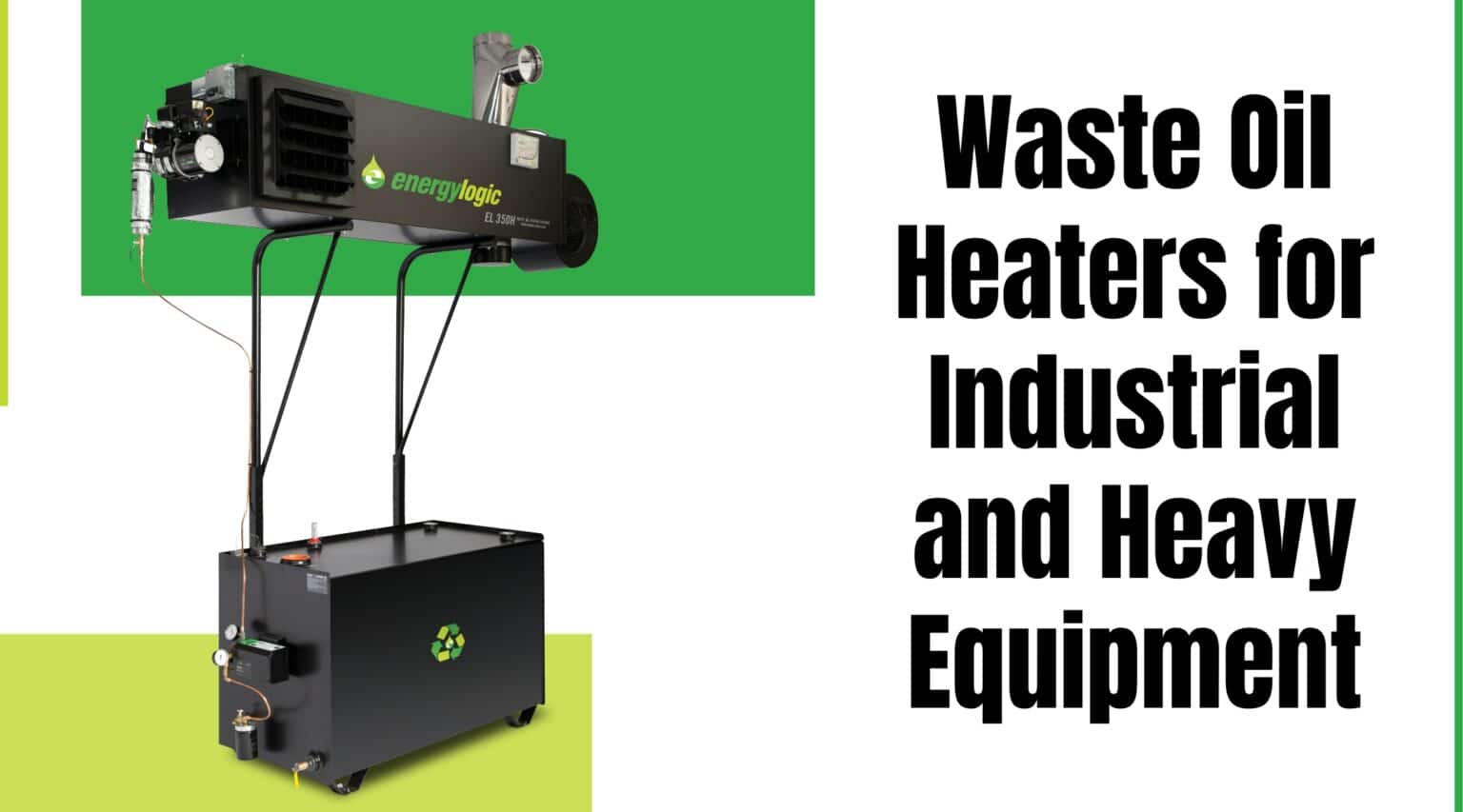Waste oil disposal is often tricky and dangerous. Policies on the handling and disposing of waste oil vary, depending on location and subsequent regulations. Here are some of the most basic need-to-knows about what constitutes waste oil and safe disposal methods.

What Qualifies as Waste Oil?
Waste oil is any petroleum-based or synthetic oil that can’t be used as originally intended (e.g., used motor oil). This is typically due to contamination, impurities, and other factors that affect its functionality.
Why Is Waste Oil Dangerous?
Although waste oil isn’t always contaminated with other hazardous materials, it’s dangerous to handle if you suspect contamination. Of course, determining whether or not waste oil is hazardous is difficult if you don’t know what you’re looking for. If these oils are burned inefficiently, toxins will be released into the air and become dangerous pollutants that are unsustainable and detrimental to our health. Finding the right way to dispose of waste oil is the only way to guarantee that you and the environment are safe.

Tips for Safe Waste Oil Disposal
Know the oil that you’re burning. If you’re unsure of the substance(s) you want to discard, you’re endangering yourself. Some waste oils can be disposed of with heaters and boilers, while others must be outsourced to a waste disposal firm or location. Understanding the materials that you’re working with is necessary to determine the most appropriate method of disposal.
Handle waste oil carefully. Any time you’re handling potentially contaminated or hazardous materials, it’s important to take the necessary precautions. To avoid illness or injury, the proper use of personal protective equipment should always be a priority. Eating, drinking, and handling other objects that can transfer hazardous material should always be avoided when disposing of waste oil.

Store waste properly. The proper storage of waste and other materials is essential for controlled disposal. Ordinary fuel storage tanks are insufficient for waste oil. Waste oil tanks are a much safer alternative. Furthermore, inadequate storage increases the risk of unknown contaminants, which can produce dangerous and unmanageable results. Always check that materials are properly sealed, separated, and stored in a cool, dry environment.
Get the right waste-oil heater. Burning oil yourself is a convenient and safe way to recycle waste oil and transform it into a reusable energy source. Using an efficient waste oil heater is crucial. Energy Logic offers the most efficient, cleanest-burning heaters on the market.
Choose a boiler designed for waste oil. Waste oil boilers are a wonderful way to dispose of waste. Energy Logic waste oil boilers are designed specifically for waste oil. Unlike traditional boilers made with cast iron, these boilers are made from carbon steel and are ASME certified.
Contact a local waste oil disposal service. There are facilities and associations devoted to retrieving and disposing of waste oil all over the world. A quick local search will help you find facilities and prices in your area.
Use a boiler or heater that produces the hottest flames. A heater or boiler that burns hot enough to achieve total combustion eliminates the potential of remaining contaminants.
Select a waste oil disposal system with easy maintenance. The harder a product is to clean, the more likely it is to house unsafe contaminants and harm you and the environment. The highest temperatures will produce the least amount of residual product, but it will still accumulate over time. Cleaning coils and hard-to-reach areas is time-consuming and often ineffective. A system intelligently designed with appropriate cleaning mechanisms (such as a sweep-away burner, swing-open boiler door, or an ash removal port) will make maintenance a breeze.
Always use disposal equipment properly and for its intended purpose. If you’re unsure of how to operate a waste oil boiler, Energy Logic’s sophisticated boiler control system and LCD display ensure that waste oil disposal is simple and safe for everyone.
Work with EPA-approved equipment. There’s a reason many waste oil heaters can only burn a limited range of fuels. They may lack quality or reliability, which is a symptom of a bigger problem: many waste oil heaters can only burn a limited range of fuels because they’re not EPA approved.
Find a heater or boiler that burns various types of waste oil. Dispose of waste without worrying about releasing hazardous toxins into the surrounding environment. Energy Logic heaters and boilers burn a wider range of oils than other competitor products.Waste oil disposal is a delicate issue. These tips will help you identify the best disposal method for your needs. For more information, visit the Used Oil Recycling Association.




